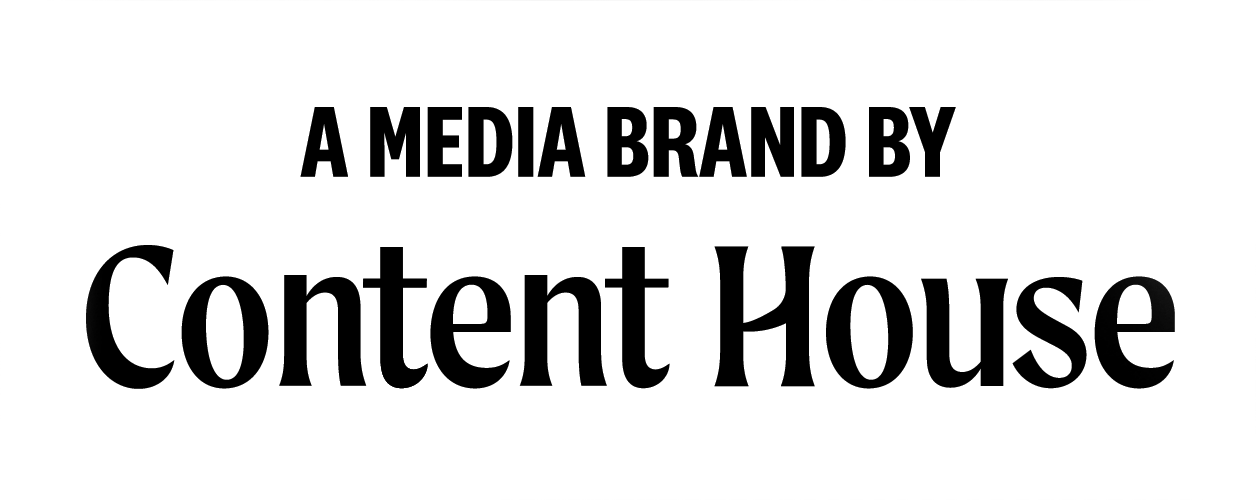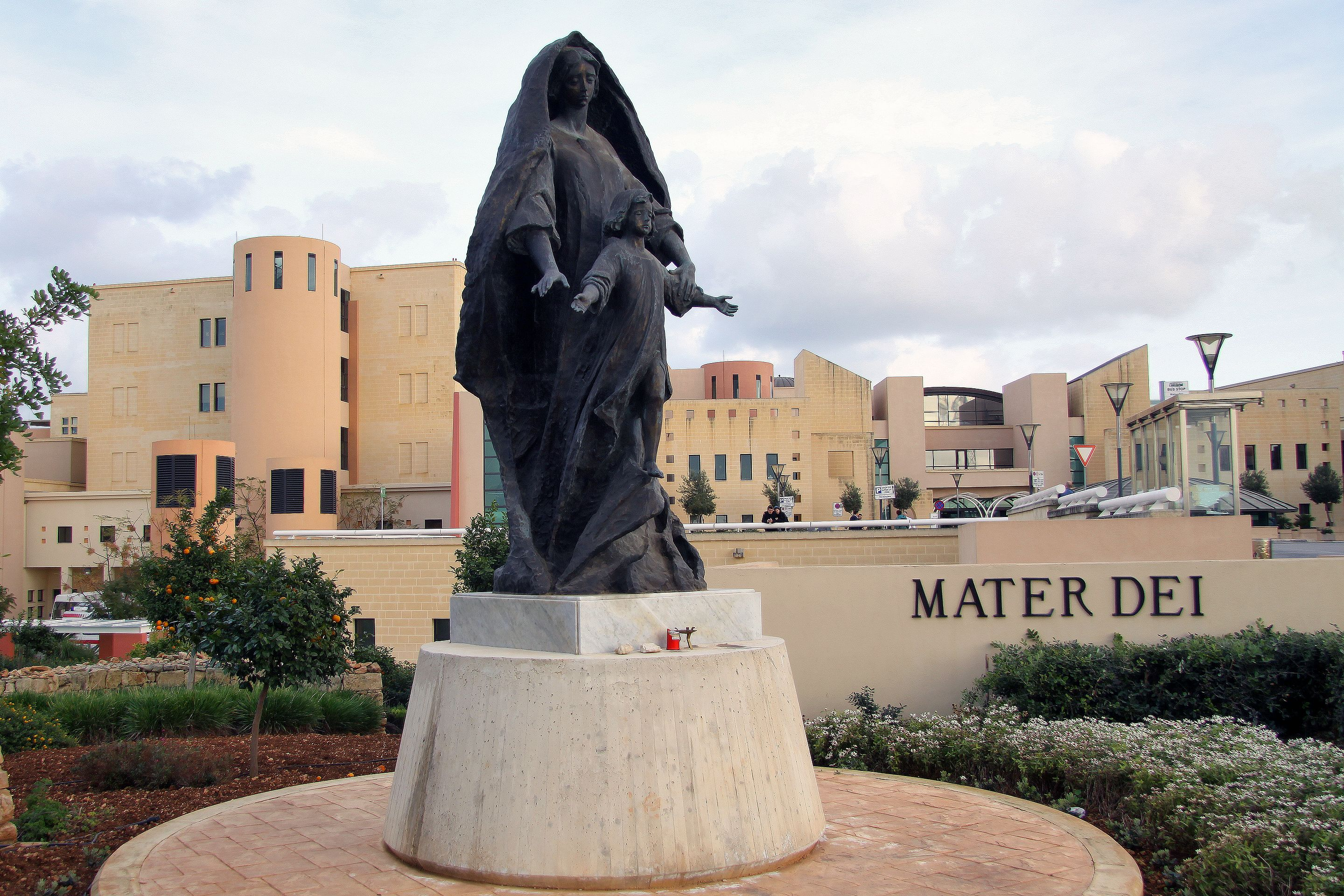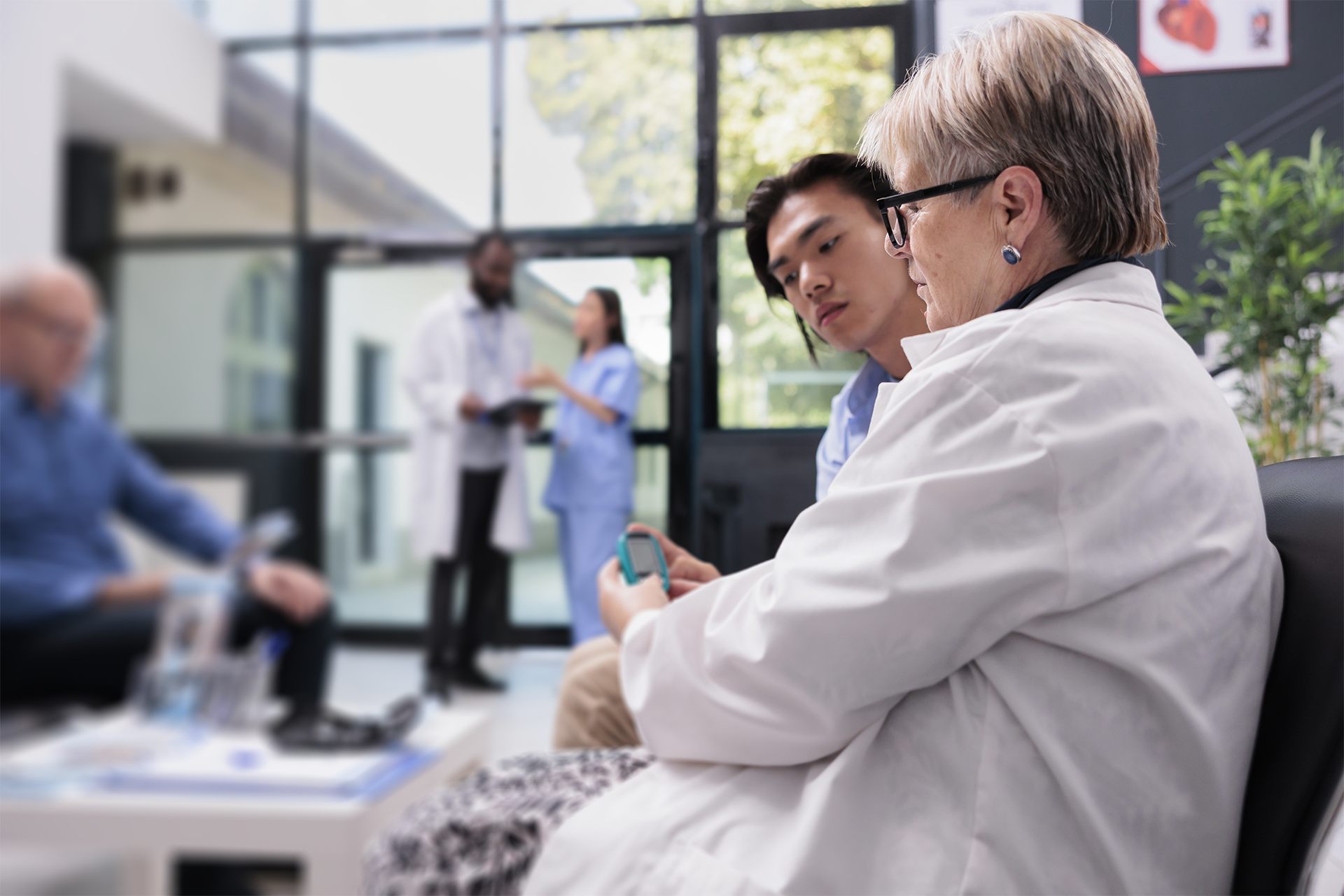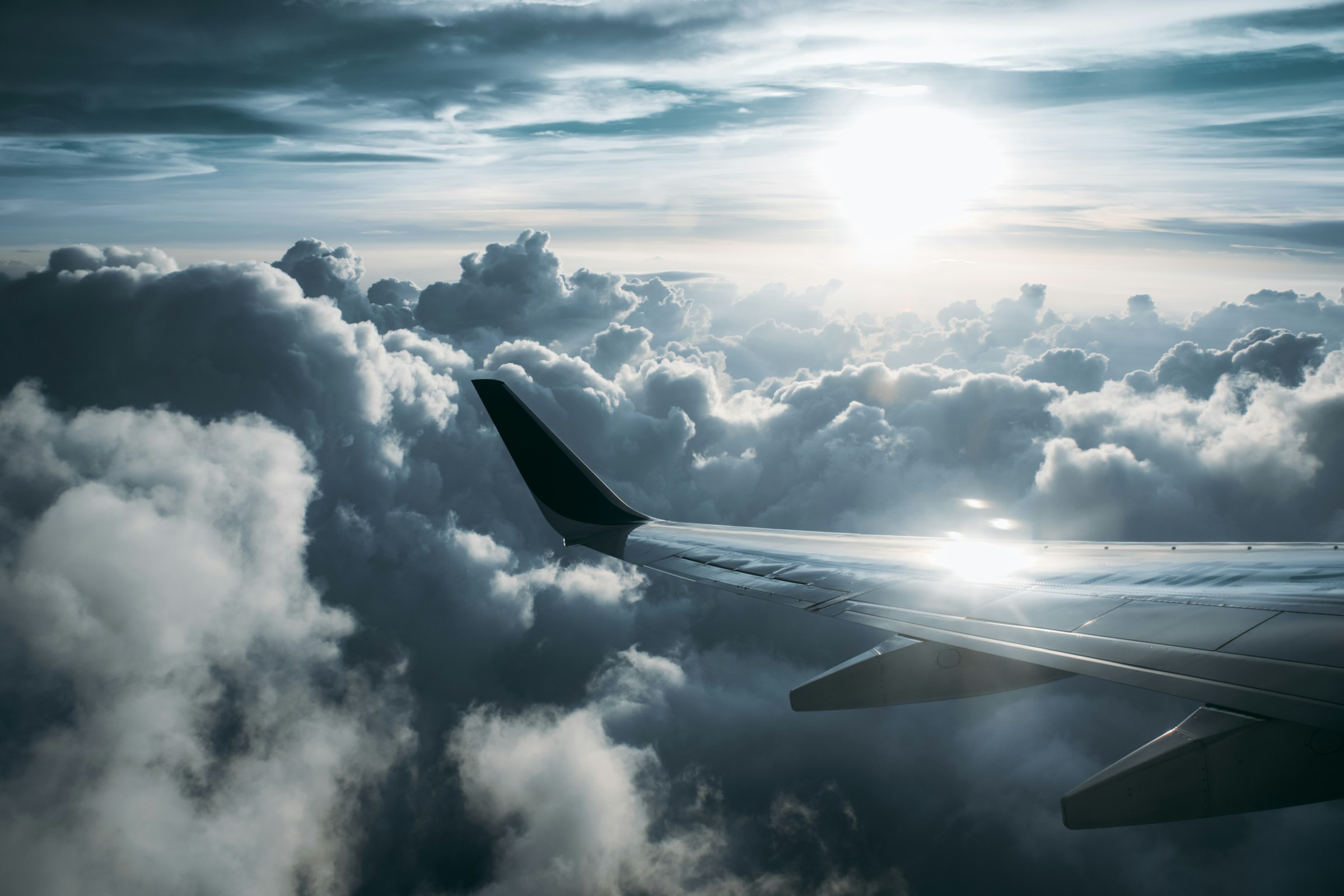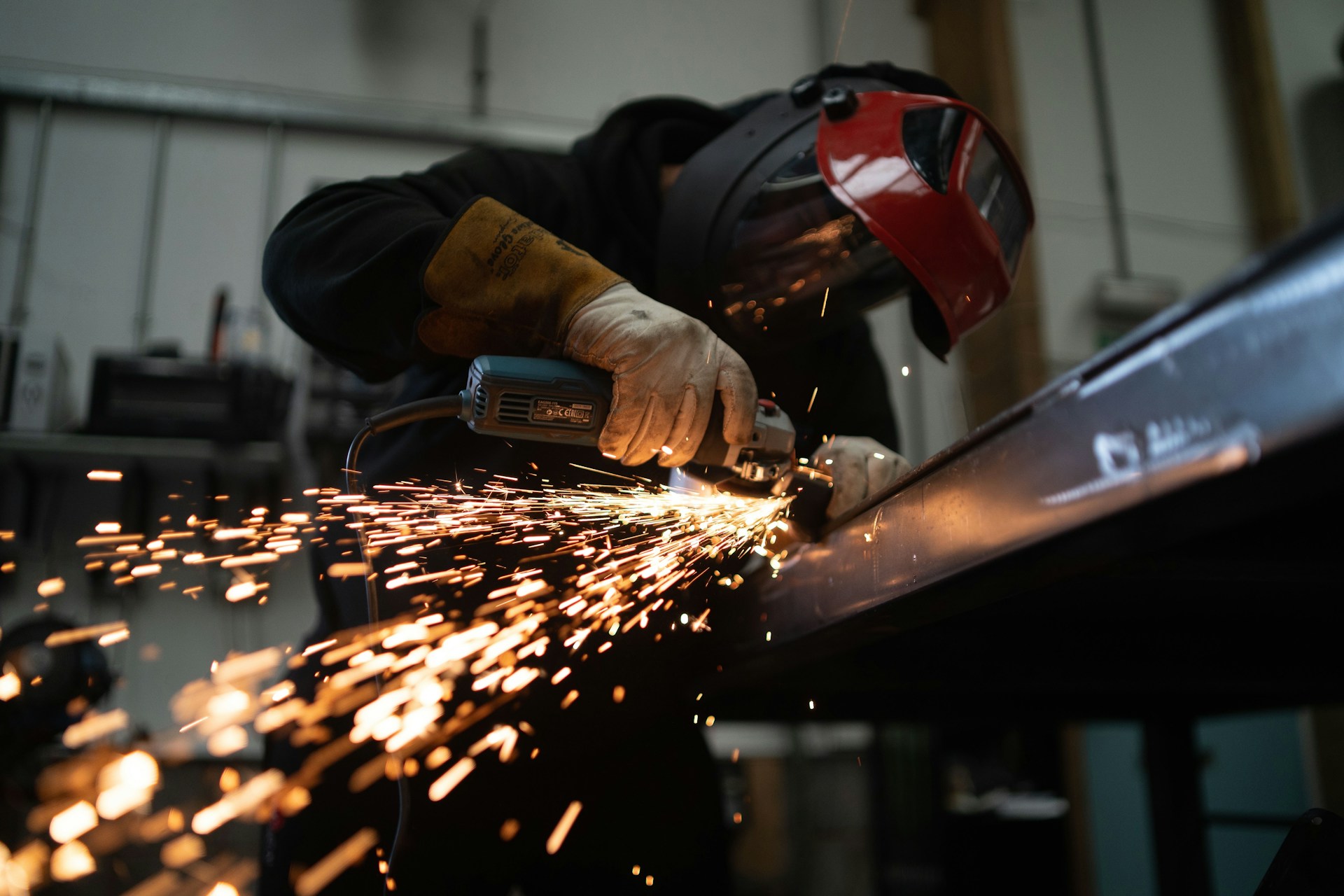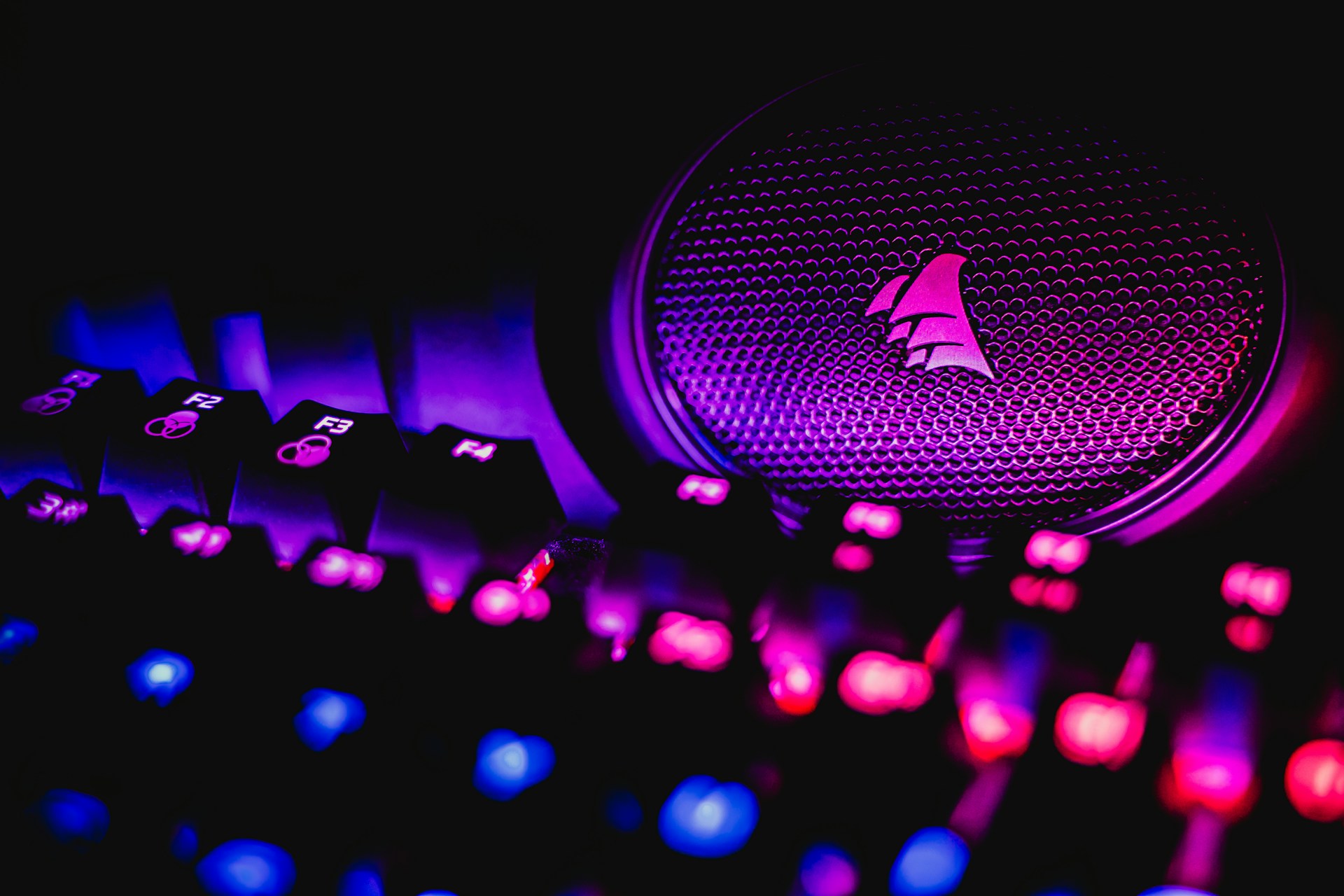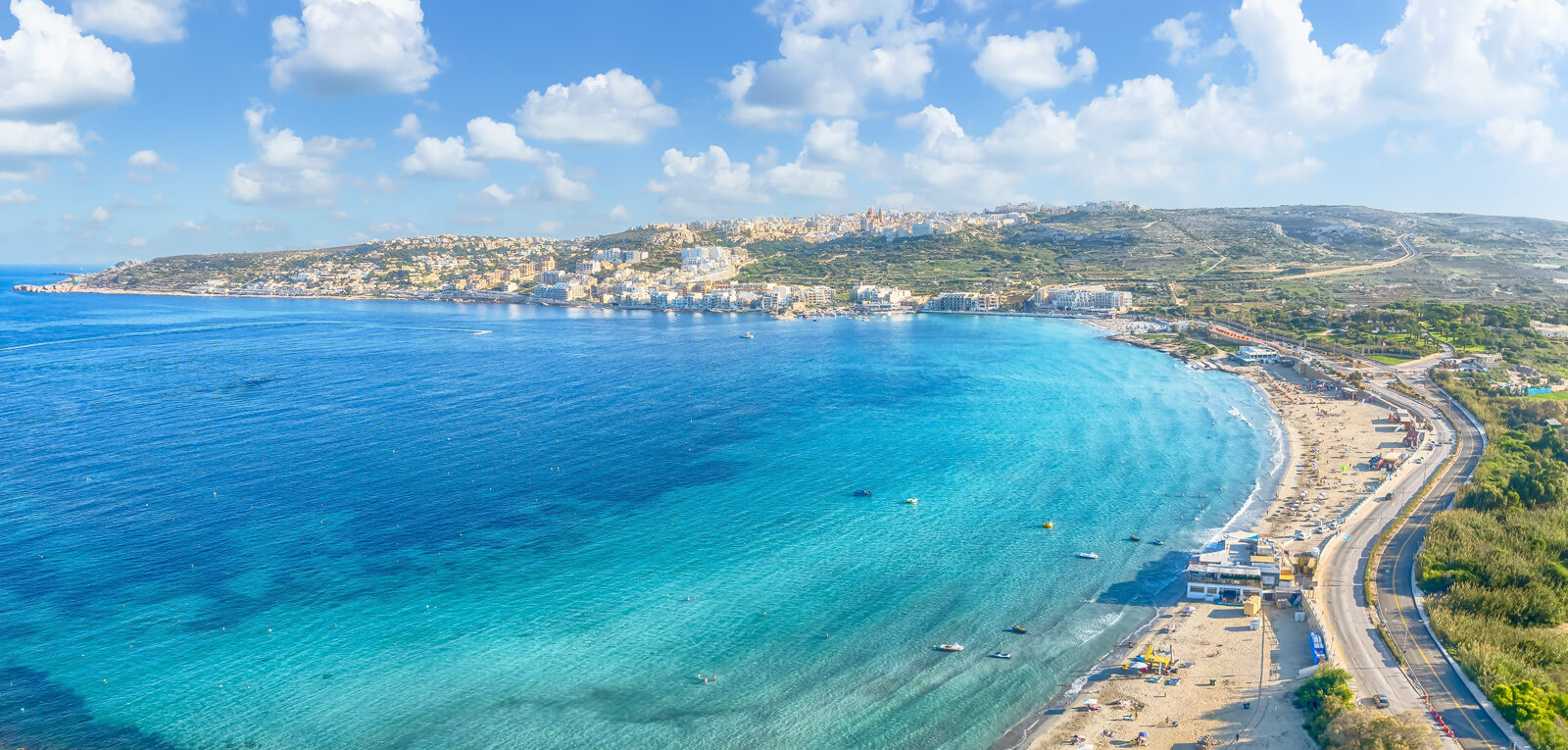World-class healthcare in state-of-the-art facilities
Malta’s unique history has left an indelible mark on its approach to health. The first recorded public hospital opened its doors as far back as 1372, and the Knights Hospitaller, true to their roots, built one of the largest and most progressive hospitals of their time, the Sacra Infermeria in Valletta (today a major event venue known as the Mediterranean Conference Centre), which was praised by visitors to the islands for the care and insight shown in treating the sick. Under the British, Malta (and the then-still active Sacra Infermeria) twice served as a hub for the sick and wounded, in the Crimean War of the 1850s and the First World War, earning it the nickname ‘The Nurse of the Mediterranean’.
This legacy holds strong today, with Malta boasting one of the best public healthcare systems in the world. Back in 2000, the World Health Organisation ranked it fifth globally, while more recently, in 2018, leading medical journal The Lancet placed it ninth. Away from the scoreboard, suffice it to say that the country’s sometimes laid-back attitude dissipates at the threshold of its heath facilities.



